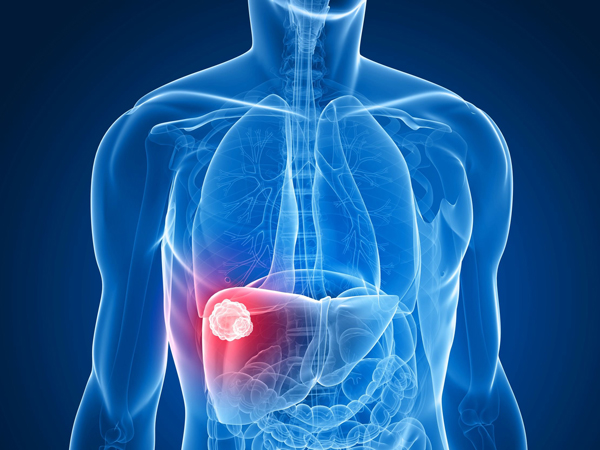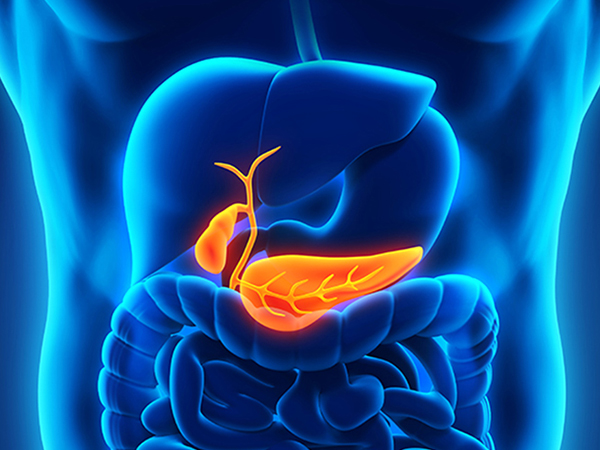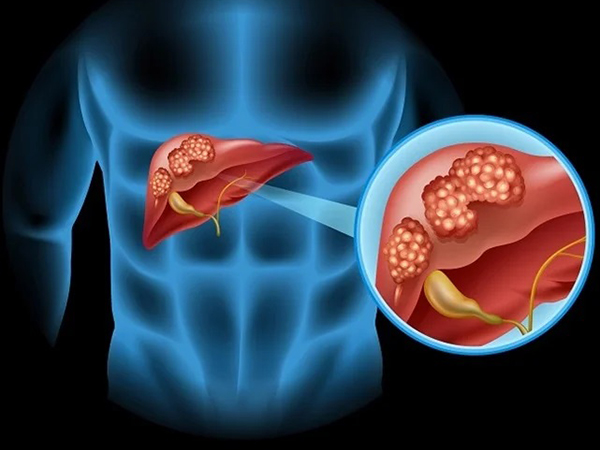Hepatobiliary Cancers
Hepatobiliary cancers refer to a group of cancers that originate in the liver, bile ducts, or gallbladder. The hepatobiliary system is responsible for the production, storage, and transportation of bile, which aids in digestion. Cancers that affect this system can be aggressive and challenging to treat, often diagnosed at advanced stages when treatment options are limited.
The main types of hepatobiliary cancers include:
- Hepatocellular carcinoma (HCC): This is the most common type of primary liver cancer and typically arises in the hepatocytes, the main type of liver cell. HCC is often associated with chronic liver diseases such as cirrhosis, hepatitis B, or hepatitis C infection. Risk factors for HCC include chronic alcohol consumption, obesity, diabetes, and exposure to certain toxins.
- Intrahepatic cholangiocarcinoma: This cancer originates in the bile ducts within the liver. It is less common than HCC but can also be aggressive. Risk factors for intrahepatic cholangiocarcinoma include primary sclerosing cholangitis, liver fluke infections, bile duct cysts, and certain genetic conditions.
- Extrahepatic cholangiocarcinoma: This cancer develops in the bile ducts outside the liver. It can occur in the hilum (perihilar cholangiocarcinoma) or in the distal bile ducts (distal cholangiocarcinoma). Risk factors for extrahepatic cholangiocarcinoma include primary sclerosing cholangitis, choledochal cysts, bile duct stones, and chronic inflammation of the bile ducts.
- Gallbladder cancer: This cancer arises in the tissues of the gallbladder, a small organ that stores bile produced by the liver. Gallbladder cancer is relatively rare but tends to be diagnosed at advanced stages when prognosis is poor. Risk factors for gallbladder cancer include gallstones, chronic inflammation of the gallbladder, obesity, and certain genetic conditions.
Symptoms of hepatobiliary cancers can vary depending on the type and stage of the cancer but may include abdominal pain, jaundice (yellowing of the skin and eyes), unexplained weight loss, loss of appetite, nausea, vomiting, and fatigue. Diagnosis typically involves imaging tests such as ultrasound, CT scan, or MRI, as well as blood tests and sometimes a biopsy.
Treatment options for hepatobiliary cancers depend on various factors including the type and stage of cancer, as well as the patient's overall health. Treatment may involve surgery, chemotherapy, radiation therapy, targeted therapy, immunotherapy, or a combination of these approaches. Palliative care may also be provided to manage symptoms and improve quality of life for patients with advanced disease.

















